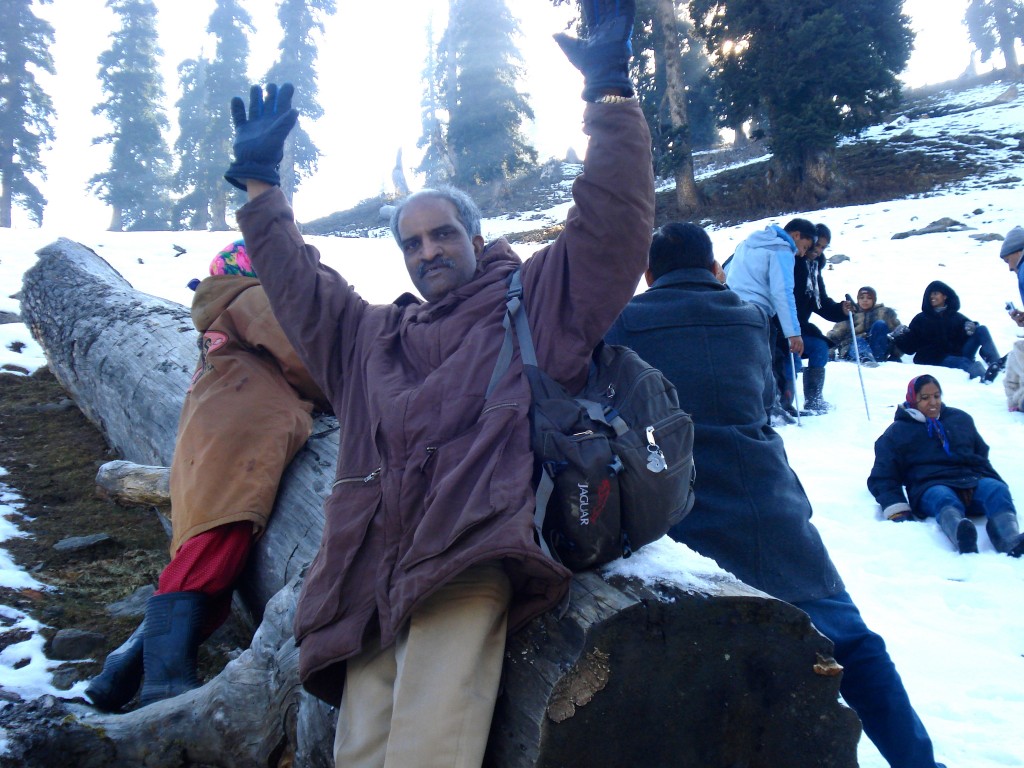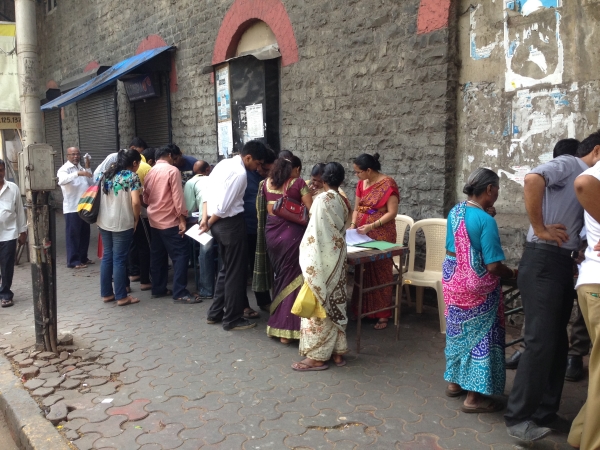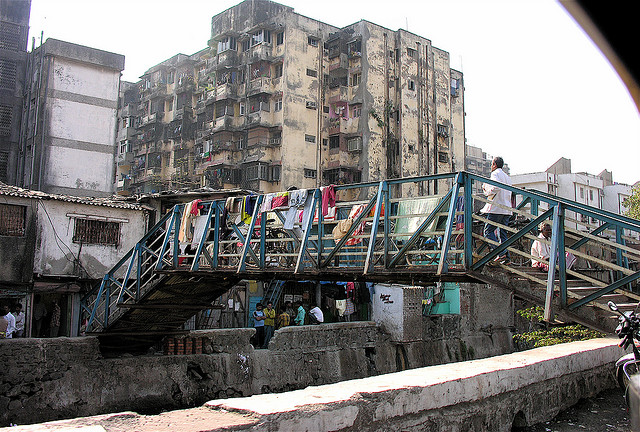D Venkatesan, 52, government servant, Pune
What India has just witnessed is the largest electoral exercise seeking change. I could feel the tectonic plates shifting beneath my feet! I am a common man; middle-class, mid-50s, who goes to office at 8 in the morning and returns home by 6pm. I always wanted to be part of the system by at least casting a vote. It was finally possible after 25 years on April 17, 2014, when I voted for the first time.I am a central government employee and work for a water research station in Pune. Every time during elections, the expected routine for those few days would be to complete election duty. I have most of the time been assigned to far-off constituencies. And by the time our duty is over, it is too late to even think of casting our vote. There is something called the postal ballot form that get issued; but technical glitches were such that my vote never reached on time. However, this year, fortunately, I was not assigned any duty! The day I came to know that, I heaved a sigh of relief. Finally, I could vote, that too in the most important election, when my country faces a revolutionary road.
Since the past few months, more than politics, government or even office, media has overpowered our lives. I began to feel that there was a whole new side to choosing the right candidate. I began to feel as though the news channels were indirectly telling me every night at prime time whom to vote for!
The anxiety of being a first-time voter after 25 years was there in me. We have seen corruption, unemployment, and a lot of other issues. Change is something that our country needs. That was a definitive ground for me, to understand and cast my vote to the rightful candidate. There may be politicians who use social media to attract the masses, and there may be others who play the blame-game and expose others. I didn’t let any of the ‘limelight’ influence my vote. My vote was a choice made taking into account each and every one’s work.
When I went up to the polling booth early that morning, I noticed a lot of chaos just a few yards away. There was a huge crowd of people, frantically flipping pages of books, trying to browse through. This was the condition in many other booths, because a lot of people were disappointed to not find their names in the list. There had been discrepancies in the way the EC officials had pooled in papers and the list lacked information about a lot of potential voters. They promised to make the changes before the next elections.
Fortunately, my name was there. I had been given a chance after 25 years to be part of the system and feel responsible for it. That is why, my vote mattered. It will, I am sure, make the due difference!
As told to Deepa Venkatesan. This interview has been condensed and lightly edited for clarity.
Photo: D Venkatesan in Jammu & Kashmir, during an unrelated event.
This story was also published on WoNoBo.com, our media partner.



